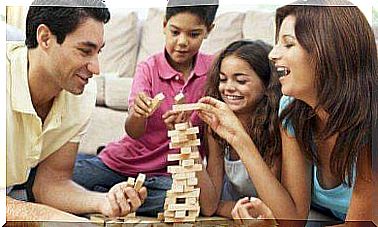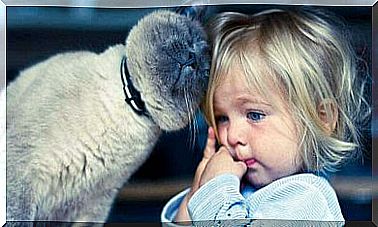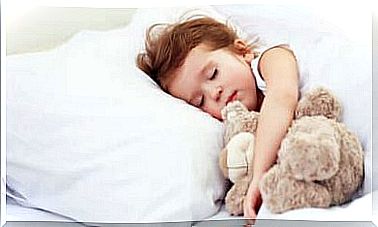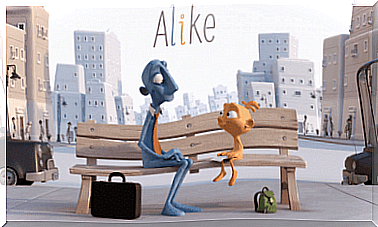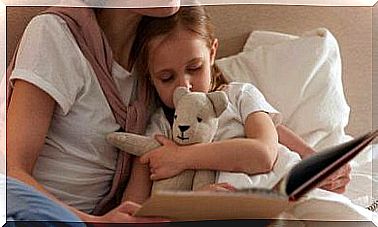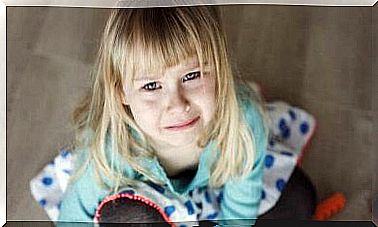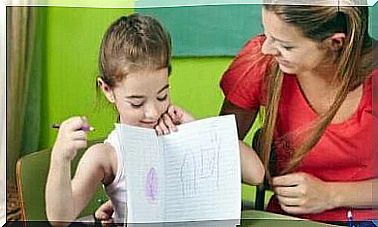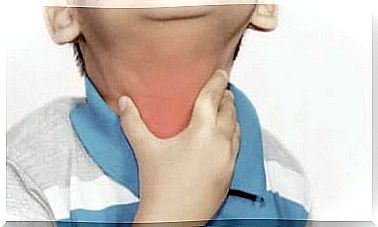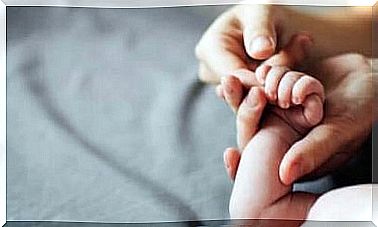Five Important Health And Hygiene Tips For Babies
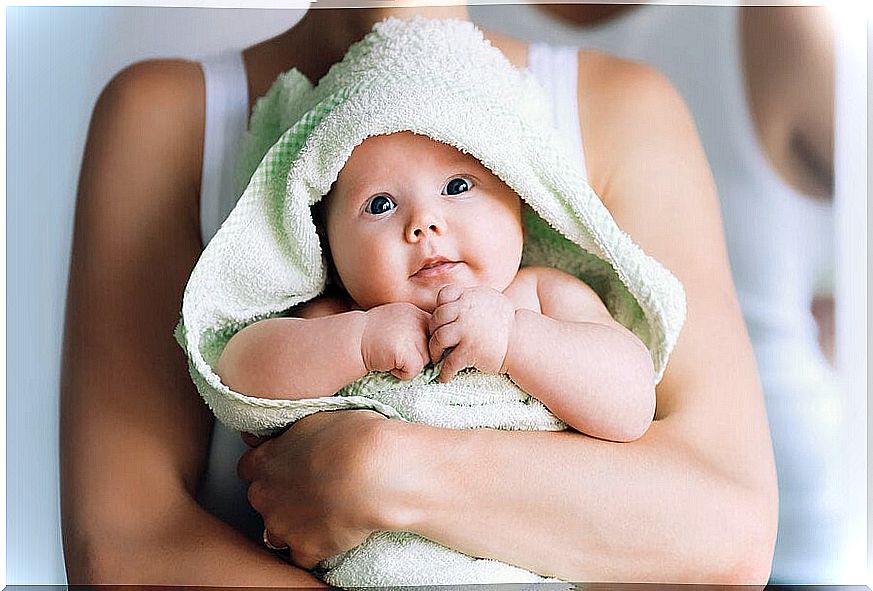
Children’s hygiene and health as well as the right food are essential for their well-being. Parents must be very alert, well-informed and follow professional advice, which is why we share here five important health and hygiene tips for babies.
Even if the pediatrician gives you a comprehensive list of necessary information about the baby’s health and hygiene, you may feel a little scared and confused when it’s time to put them into practice, given how fragile your newborn baby actually is.
To simplify these tasks for parents, we share a list of simple and basic hygiene tips for babies that are easy to apply.
Five health and hygiene tips for babies
The first piece of advice on child hygiene and health is actually aimed at parental hygiene. It is important that the parents have clean hands before touching the child. The same applies when they feed the baby or change it.
This is because newborns and young children have poor immune systems during their first year of life. If we do not take the necessary measures, we may be the ones harming their health.
It is important to know that every part of the baby’s body needs special attention. Below we describe each of these hygiene tips for babies.
1. Care of the baby’s skin
Babies’ skin is very sensitive. Always use special baby products, many of which do not contain soap just to avoid abrasion of the skin. You should pay special attention to the creases on the skin, chest, arms, legs and buttocks.
When washing the baby’s head, use a small amount of baby shampoo. Be careful not to get in the eyes. It is very important that you thoroughly rinse off any remaining soap and shampoo from its body.
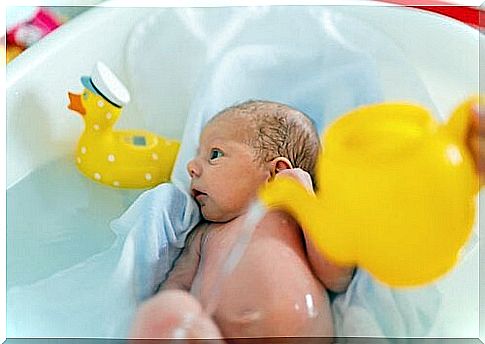
When you have finished bathing the baby in the bath tub, be sure to dry it well, apply a moisturizer and avoid using perfumes on its skin and hair.
This can cause irritation or even odor discomfort. If you still want to do it, be sure to spread the perfume on the clothes, not on the skin.
2. Diaper change on time – a basic hygiene tip for babies
Cleaning the baby’s ass contributes to his or her well-being. That area is prone to irritation due to the moisture that occurs with diaper use and bowel movements.
One of the most important tips to avoid irritation is to try to reduce the use of wet towels as much as possible with the help of sponges with warm water. If there is no irritation, continue washing the area.
When it comes to girls, we should always wipe from the front to the back to avoid getting feces in their vaginas. It is also very important to clean the vaginal part well.
3. Cleaning the ears
Contrary to many parents’ beliefs, avoiding the use of cotton swabs is one of the most important things when it comes to ear hygiene.
It is important to wipe the moisture on the outside of the ear after the bath. Using cotton swabs can then lead to the dirt being pushed deeper into the ear. In this way, infections and plops are created.
4. Nail care
Obviously, children have fragile hands. Therefore, nail trimming can make you nervous.
If this is the case, we recommend that you obtain a nail file that is not too rough, which you use to reduce the size of the nails carefully. Give them a straight shape and maintain a suitable length.
5. Umbilical cord cleaning
The remnants of the cuticle that hangs from the navel usually fall off before the first month of the baby’s life. For proper healing, it is recommended to clean the area twice a day using a compress or cotton swab soaked in low-alcohol.
The most important tips for this area are: be careful when changing diapers. Also, let dead skin fall off naturally without trying to force it off or remove it.
Although these basic tips for children’s health and hygiene may seem challenging and demanding in the beginning , they will become a routine that requires a little effort.
